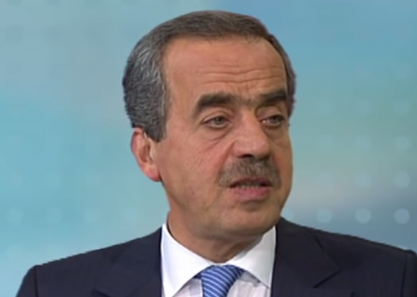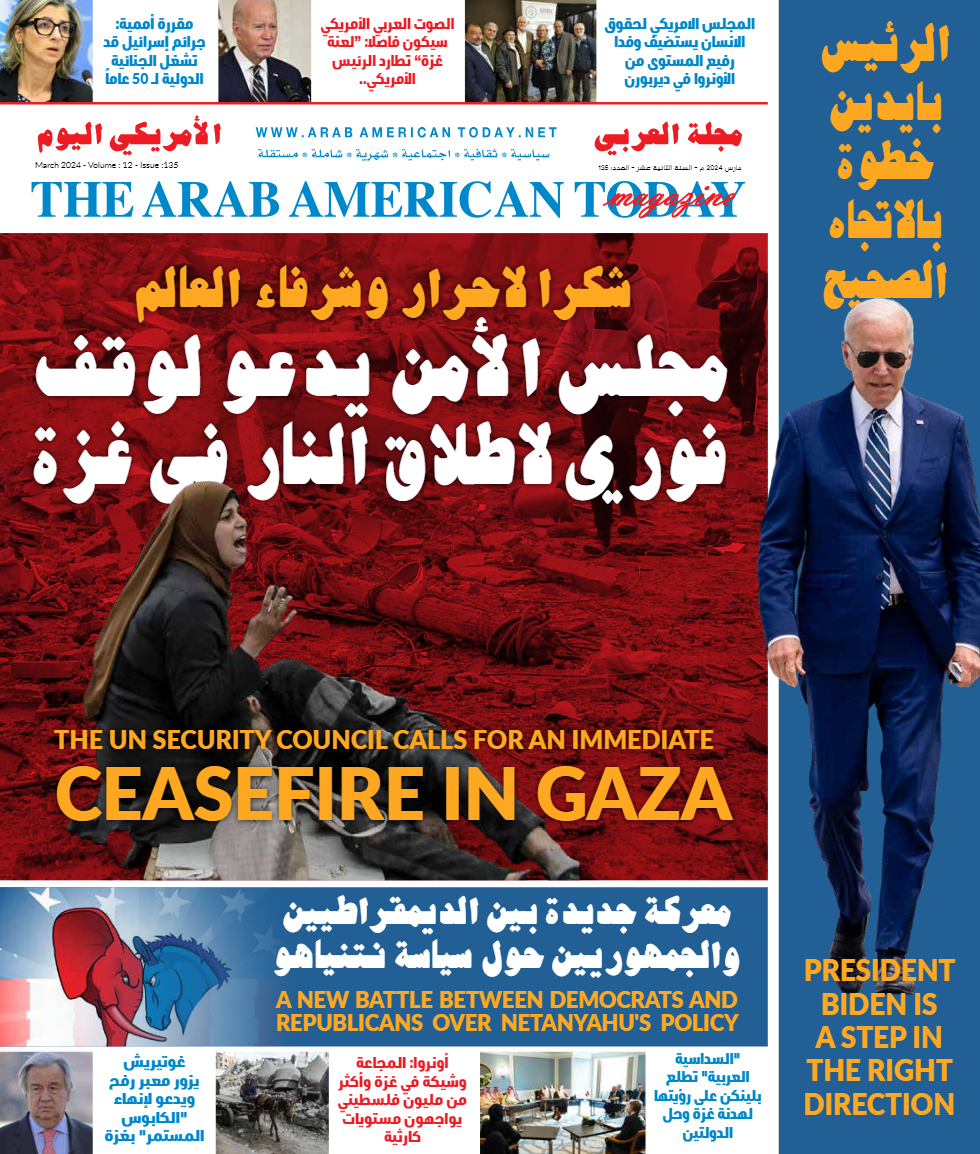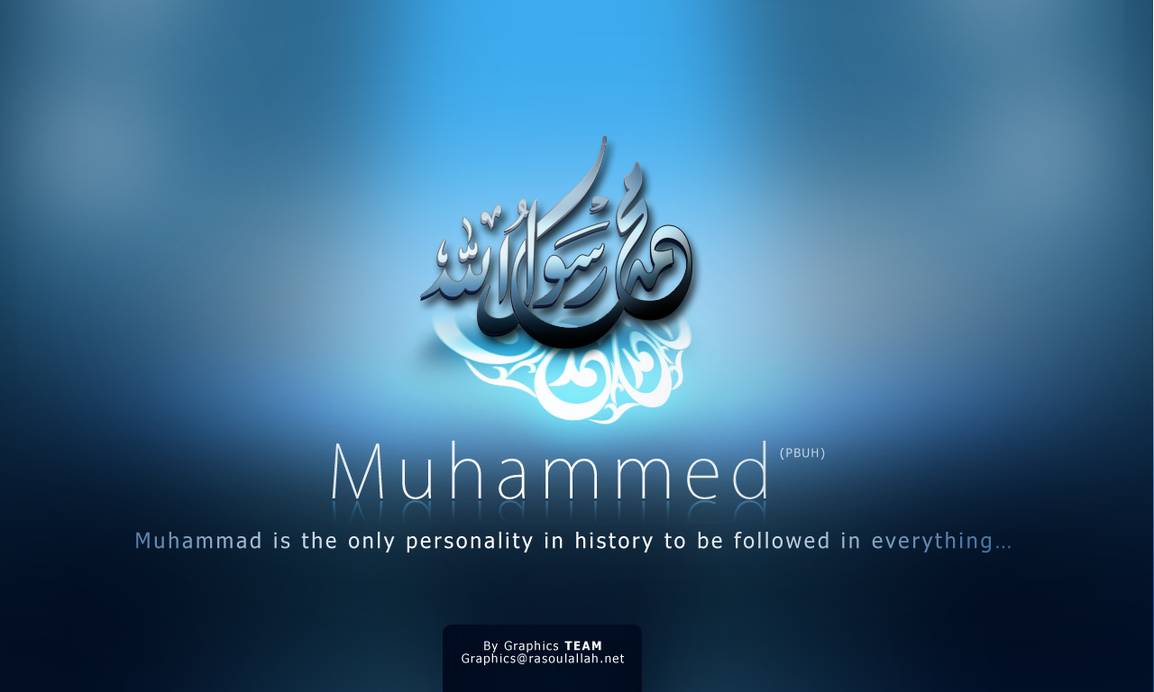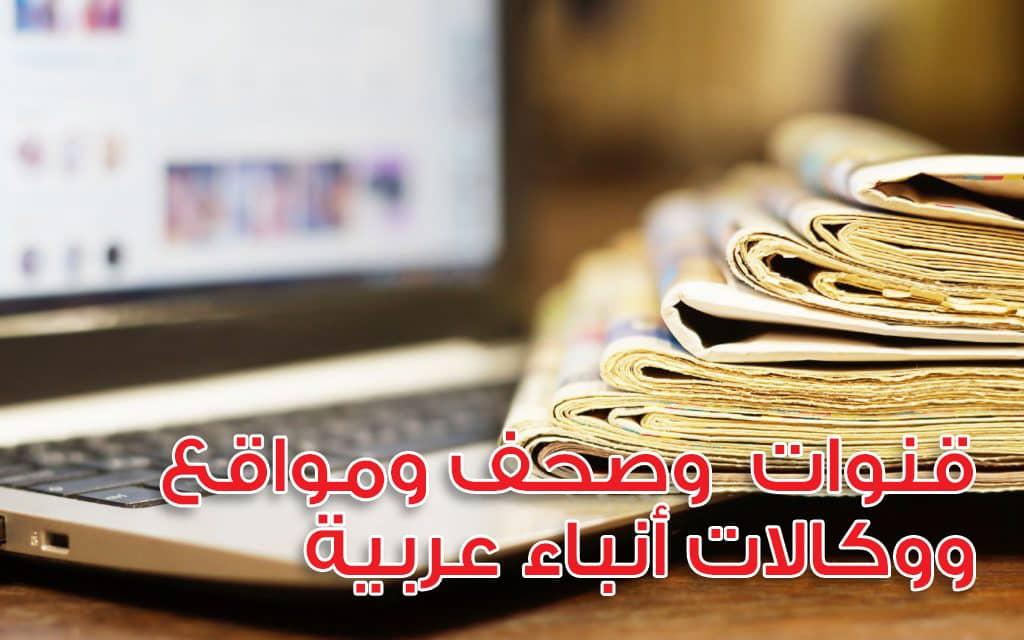
Hmeimim in the Era of Huawei
2020-06-02

Ghassan Charbel
His advisors left him as the night fell. They are not worried about him. He is still young, the Kremlin boy. He is still fishing, swimming and skiing. He did not stop venturing, maneuvering and showing off. But what the advisors did not know is that some early autumn scents have started to touch his soul.
He did not get scared when COVID-19 invaded his country. His confidence in Russian salvation is unwavering. He told himself that coronavirus would not return from its Russian adventure better than Bonaparte and Hitler. He is delighted with the sight of snow falling on the cannons of Napoleon in the Kremlin Park and with military parades celebrating the victory over Nazism.
Analysts write that his situation is not bad, and that he succeeded, as a boxer, in dealing several blows to the Atlantic and European powers, and to the “color revolutions”, as well as the Brotherhood uprisings. They also write that his intervention in Syria five years ago saved the regime and did not turn the country into a new Afghanistan.
But he knows, more than analysts, that he won the war there, but did not establish peace. He faces the risk of becoming a regional power that can prevent a solution, but it is unable to exclusively create one. Russia has no solution to the Syrian problem, nor does Syria constitute a solution to Russia’s problem.
He managed to leave the impression that he was a reliable and capable ally. At least, the fate of the Assad regime is no longer under discussion. But this does not mean that normal life would resume in Syria. He is worried that the Donald Trump administration is trying to push the Syrian situation to “erode in the hands of the Russians.” Erosion means more economic and living problems and the failure to launch reconstruction projects and to attract foreign investors to Syria.
The Caesar Act will take effect in two weeks, along with its Syrian, Russian and Iranian impacts. The Iraqis and the Lebanese will also be very reluctant to face the American sanctions.
In order to raise the morale of the regime amid Turkish and Iranian interference and Israeli attacks, he chose to make the ambassador in Damascus a presidential envoy, and asked to negotiate with the Syrian government to expand the Russian military presence, in addition to offering the Syrian army MiG-29 aircraft.
In the pre-coronavirus world, he felt comfortable. He was pleased with the results of his policy in Crimea, Ukraine and Syria, the production of more missiles and the polishing of the image of the Red Army. In the post-coronavirus world, the autumn smell started to creep into the hallways of the Kremlin.
In recent days, he has been trying to expel haunting suspicions. Did he fight his battles in unproductive theaters? Is he draining his country’s energies in less-important fights? Should he have learned the lesson from Deng Xiaoping’s heirs instead of getting involved in healing Soviet wounds?
Did he have to own a leading company such as Huawei, instead of boasting of the base at Hmeimim? Facebook, Huawei and Alibaba are the real aircraft carriers in the world of the Fourth Industrial Revolution. It is never enough to frighten the world with your arsenal. You have to dazzle with your economy, by employing technological progress to drive poverty out of homes, rural areas and slums.
He wanders in the Kremlin at night. He fears that he is racing on the wrong tracks and that history will later write that he failed to get rid of the Soviet uniform to keep pace with the progressing world. He is haunted by history. He fears that his teacher, Yuri Andropov, would punish him because he did not managed to maintain the Soviet seat in the world of the two camps. He fears Stalin’s wrath because Mao’s heirs had overtaken his own.
After two decades in the Kremlin, he thinks of his advisers, who return exhausted to their homes and wives. He smiles. They have a very difficult task. It is not easy to have your own destiny tied to another person’s life… that your mood depends on another person’s mood…
Is it conceivable that the advisers do not know the meaning of the coronavirus threat, which is distressing the world? Is it possible that they do not understand the meaning of the cruel battles it involves? Don’t they realize that the world’s major stakeholders were stricken by an early fall? And that the fate of the Chinese-American Open will determine the distribution of seats in the new board?
They most probably know, but are scared to admit it. Putin smiles. It is not easy to speak openly to the president.
What would he do if the advisor told him that the whole world was watching the coronavirus boxing match between Donald Trump and Xi Jinping? A decisive battle between the American general and the Chinese emperor; and that the Russian Tsar is invited to attend, but as a spectator, after losing his right to duel in the first or second place.
He has a feeling that many countries are waiting for the results of the US elections next fall. Beijing dreams of seeing Trump leave the Oval Office. He always acted as if the “Chinese menace” is on his mind, as reflected in his statements of reproach, tweets, procedures, duties on goods and war threats.
The developments took on another dimension when COVID-19 removed reignited tensions between the China and the US. Coronavirus unveiled a theater of a long and costly battle to reshape the world’s board of directors, which was hit by an early fall. The battle will be expensive and will spread in many arenas. Countries will suffer and companies will bleed. First-row spectators include the Kremlin Tsar, the German Chancellor, the Elysee boy and the wrestler of 10 Downing Street.
Putin gets angry at the scene of the coming wave. He is afraid of history. Russia is a cruel country that remembers novelists, but forgets the Kremlin’s Tsars.
Ghassan Charbel is the editor-in-chief of Asharq Al-Awsat newspaper















